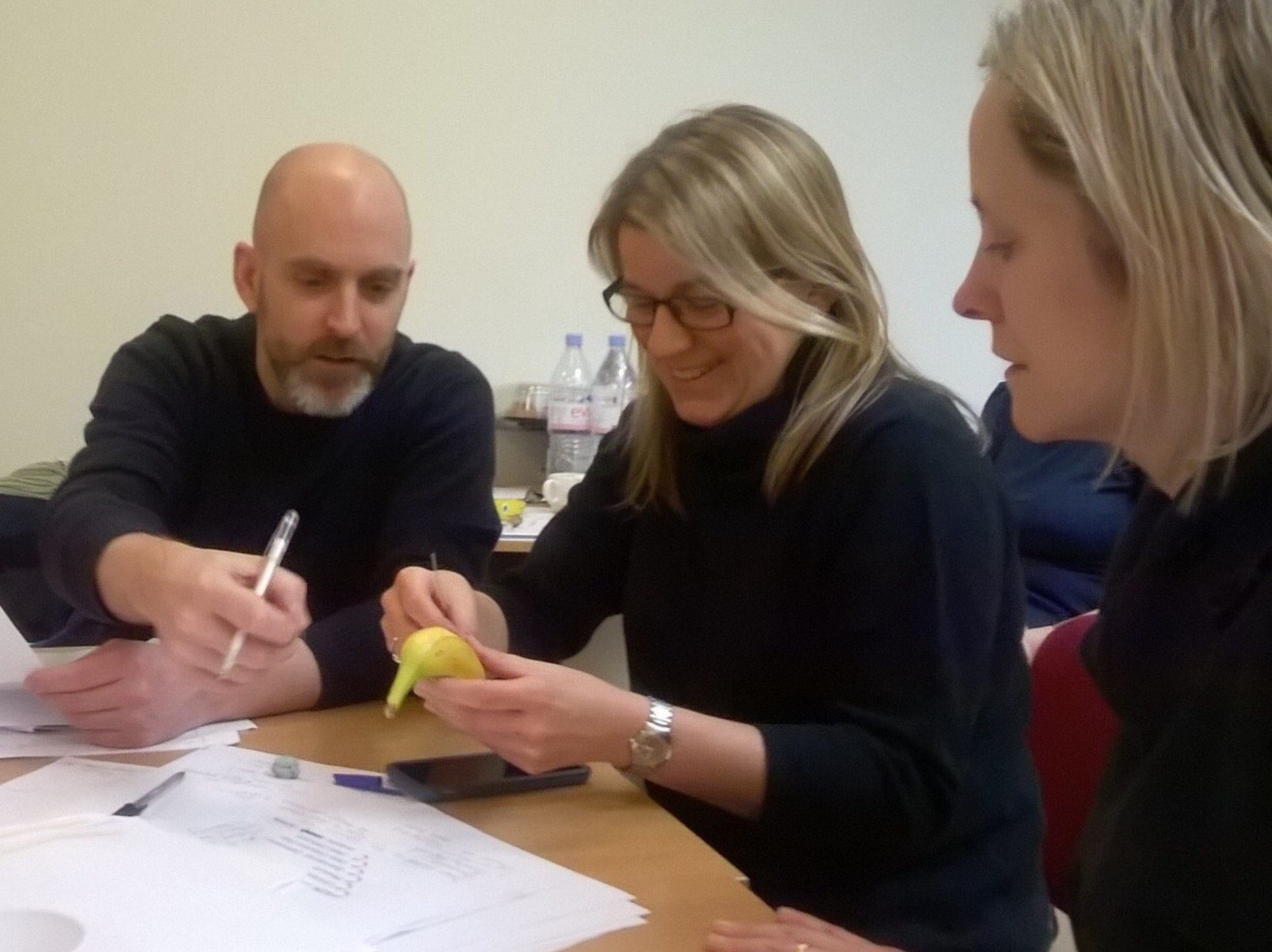Those attending include members of teams who are actively involved in delivering an improvement and prospective improvement champions.
Following the70:20:10 model of blended learning, we offer facilitation support to the teams both on the training days and in the 3 week intervals between training days, as well as follow up support for three months afterwards. Using this model we have so far supported three cohorts, in total 104 trainees, working on 37 improvements. These improvements covered a wide variety of topics. Examples include: Save the septic – in 3 departments over 2 sites, greatly improved compliance with the ‘sepsis 6 was achieved , with patients now receiving antibiotics within an hour of sepsis being suspected
Improved end of life care – collaborative working across agencies to increase the number of patients dying at home
I have great NEWS for you – training and targeted support to help wards utilise the NEWS scoring system, resulting in higher compliance and more appropriate referrals to the early intervention team
As soft as a baby’s bottom – a skin integrity assessment tool was tested then implemented on a neonatal unit, resulting in a reduction of facial skin trauma related to CPAP and ventilation.
 Increased smoking cessation referrals in maternity – use of a validated tool to detect increased carbon monoxide levels was introduced, leading to increased numbers of referrals to the smoking cessation service
Increased smoking cessation referrals in maternity – use of a validated tool to detect increased carbon monoxide levels was introduced, leading to increased numbers of referrals to the smoking cessation serviceImproved pathway following perinatal loss – achieved improved up uptake of post mortem investigations and a smoother follow-up pathway, so that patient experience was easier and better information was available with the potential to reduce recurrence
Reduced SIs due to incorrect demographics in sexual health – process changes to reduce inaccurate demographic information and consequent serious incidents resulting from being unable to contact patients
To supplement this training we also provide three half day courses for the wider team members and others who are interested. These are
Introduction to Improvement
Measurement for Improvement
Managing People Through Change In the first three months we have had over 120 attendances, including some whole teams. Examples include our e-rostering team who wished to learn how to deal with resistance to change, and the Royal London Hospital project support team.
We have actively sought feedback from participants, which has helped us to refine the courses (using PDSA methodology of course!). It has
been very gratifying to receive some fabulous feedback and to receive praise from members of the executive on our first celebration day.
Janice Roper
Change manager
Barts Health
[email protected]

